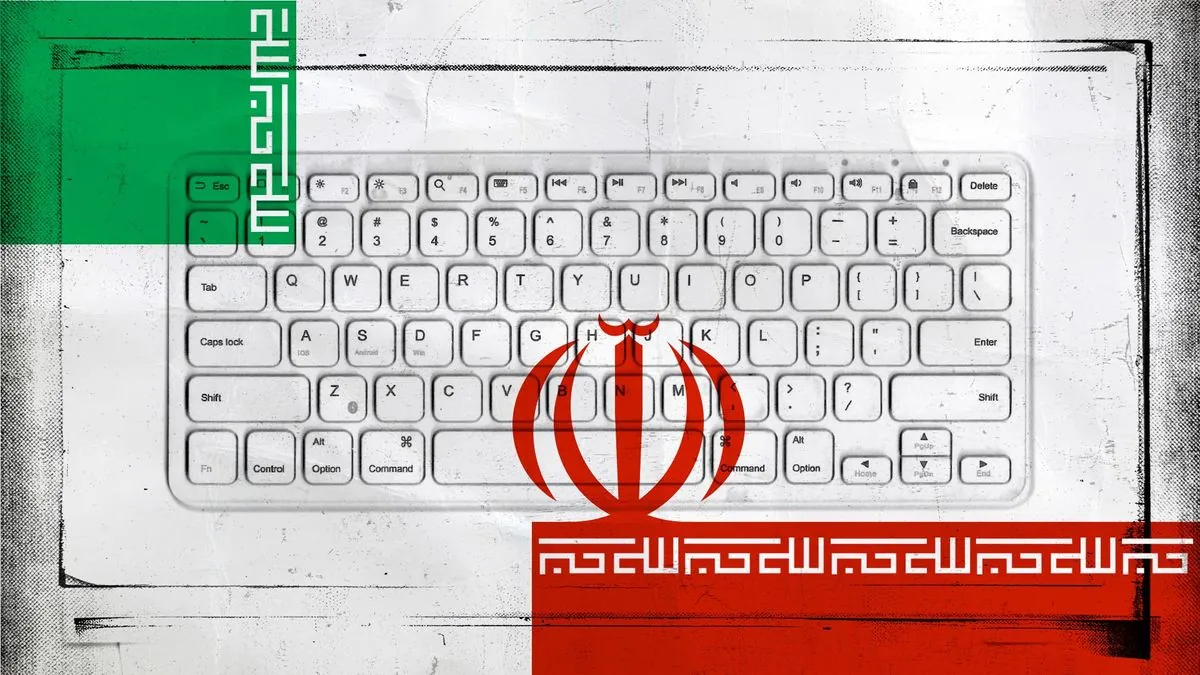Iranian Hackers Target Trump and Biden Staff WhatsApp Accounts
Meta uncovers Iranian hacking attempt on WhatsApp accounts of U.S. administration staff. The cyberattack, linked to broader election interference efforts, was thwarted without compromising accounts.

Meta Platforms, the parent company of Facebook and WhatsApp, has revealed a recent cyberattack attempt by Iranian hackers targeting the WhatsApp accounts of staff members from both the Trump and Biden administrations. This disclosure, made on August 18, 2024, highlights the ongoing cybersecurity challenges faced by political entities in the United States.
The hacking group, posing as technical support representatives from well-known companies such as Microsoft and Google, attempted to infiltrate WhatsApp accounts belonging to individuals in the Middle East, United States, and United Kingdom. Meta's security team identified the threat after receiving reports of suspicious messages from vigilant users.

This incident is part of a larger Iranian effort to interfere with U.S. political processes, as confirmed by the FBI earlier in the week. The bureau stated that the same network was responsible for a previous hack on the Trump campaign and an attempted breach of the Biden-Harris campaign during the 2020 election cycle.
"We have not seen evidence of the targeted WhatsApp accounts being compromised, but out of an abundance of caution, we're sharing our findings publicly, in addition to sharing information with law enforcement and our industry peers."
U.S. intelligence officials have identified several motives behind Iran's increasingly aggressive use of cyberattacks and disinformation:
- Undermining confidence in U.S. democratic processes
- Eroding support for Israel
- Opposing candidates perceived as likely to increase tensions between Washington and Tehran
The Iranian government's actions are believed to be partly motivated by a desire for revenge against Donald Trump. The former president's administration terminated the nuclear deal with Iran, reimposed sanctions, and ordered the killing of Iranian Gen. Qassem Soleimani on January 3, 2020.
In July 2024, Director of National Intelligence Avril Haines reported that Iran had provided covert support to American protests against Israel's military actions in Gaza. This support included posing as online activists, encouraging campus demonstrations, and offering financial assistance to certain protest groups.
The ongoing cybersecurity threats underscore the importance of robust digital defenses and user vigilance. As the United States approaches the 2024 presidential election, the potential for foreign interference remains a significant concern for intelligence agencies and tech companies alike.


































